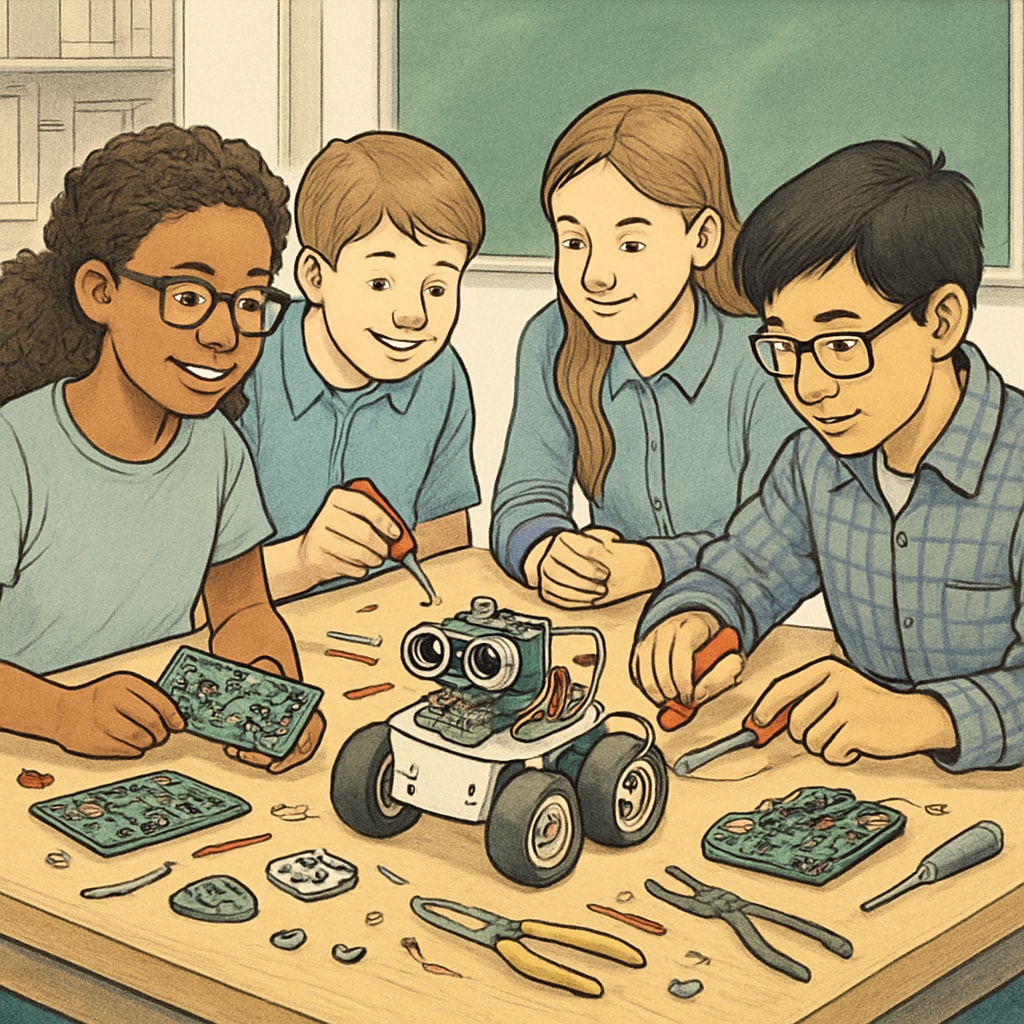The rapid advancement of artificial intelligence is fundamentally transforming higher education value propositions and future career prospects. As machine learning systems increasingly automate cognitive tasks, educators must rethink how K12 institutions can cultivate truly irreplaceable human capabilities.

The AI Disruption in Traditional Education Models
According to a McKinsey report, automation may affect 50% of current work activities by 2055. This seismic shift demands:
- Redefined learning objectives beyond memorization
- Emphasis on meta-skills (learning how to learn)
- Integration of technology literacy across subjects
Four Pillars of AI-Proof Education
Research from the Brookings Institution suggests these critical focus areas:
- Creative Problem-Solving: Nurturing original thinking through project-based learning
- Emotional Intelligence: Developing interpersonal skills robots cannot replicate
- Adaptive Learning: Teaching students to continuously update their knowledge
- Ethical Reasoning: Preparing for AI’s societal implications

Implementing Future-Ready Classrooms
Progressive schools are already adopting these practices:
- Interdisciplinary STEM/STEAM programs blending arts and sciences
- AI literacy modules explaining machine learning basics
- Collaborative spaces mimicking modern workplaces
- Portfolio assessments replacing standardized tests
Transition Tip: Start with small pilot programs – a robotics club or AI ethics debate team – before scaling successful initiatives.
As education systems worldwide grapple with AI’s implications, the most effective response isn’t resistance but strategic adaptation. By focusing on distinctly human competencies, we can prepare students not just to survive, but to lead in an AI-augmented future.


